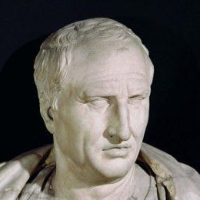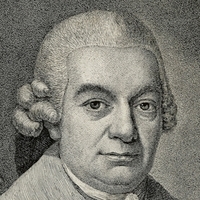Introduction to Historically Informed Performance Practice
What is historical performance? And why should we spend time studying and making sense of the historical source materials?
Curiosity is an admirable quality and the sources provide ideas to help performers today enrich and enliven their performances.
The Performer as Orator

Primary Rhetoric — the art of persuasion — is at the core of a communication. It is the main concern of the Performer as Orator.
The Nature of Rhetoric

Classical Rhetoric 101.
The differences between Primary and Secondary Rhetoric, and an explanation of the Precepts of Rhetoric.
Elysium, or Zen and the Art of Early Music

Life, the universe and historical performance practice.
Some musings on the connections with Zen Buddhist philosophy and a brief discussion of Castiglione’s decoro, sprezzatura and gracia.
Johann Joachim Quantz on Historically Informed Performance

“[Musicians aim] to make themselves masters of the hearts of their listeners, to arouse or still their passions, and to transport them now to this sentiment, now to that.”
C.P.E. Bach on Historically Informed Performance

“A musician cannot move others unless he too is moved.”
Leopold Mozart on Historically Informed Performance

“As sadness often alternates with joy, each must be carefully depicted according to its kind. In a word, all must be so played that the player himself be moved thereby.”
Rhythmic alteration and articulation in 18th-century French flute music: a reappraisal of Jacques Hotteterre le romain

A case study about the French convention of notes inégales (unequal notes).
Quotations about Historically Informed Performance
A curated collection of quotations and longer extracts that show the importance of knowing about rhetoric and the passions.
“The passions are the only orators who always convince.”
Affects in Italian and French music and the Baroque sonata
Composers often added words at the start of a movement to indicate the affect or passion (rather than a tempo).
Telemann called them ‘hinting’ words as they hint at the character of the music and the appropriate manner of performance.
